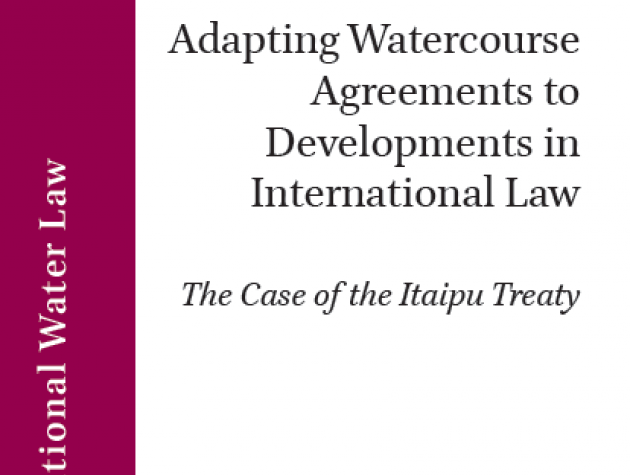Oil, Democracy, and Context: A Meta-Analysis (Comparative Political Studies XX(X), 2013, pp. 1-30.)
Full Title: Oil, Democracy, and Context: A Meta-Analysis
Author: Anar Ahmadov
Type: Journal Article
Abstract
A considerable debate precludes drawing conclusions about oil’s effect on democracy. This article challenges this stalemate by significantly expanding the scope of the previous research and using meta-regression analysis to examine the integrated results of extant scholarship. While the results suggest a nontrivial negative association between oil and democracy across the globe, they also indicate a notable variation in this relationship across world regions and institutional contexts. A conditioning effect of institutions may lie more in a broader set of economic and political institutions, less so in previous political regime, but not in institutions associated with British colonial past. Finally, while oil does not seem to impede democracy by retarding two key channels of modernization—income and urbanization—it may have an indirect negative effect on democracy through its adverse impact on education.
Read the article here.
Author bio
Anar K. Ahmadov was a 2011-2013 Oxford-Princeton Global Leaders Fellow. His interests range across the subfields of political economy and comparative politics, with a particular interest in political regimes, natural resource management, fiscal policy, migrant political behavior, and sources of radicalization in politics. He completed his PhD in Government at the London School of Economics and Political Science (LSE) in 2012.






